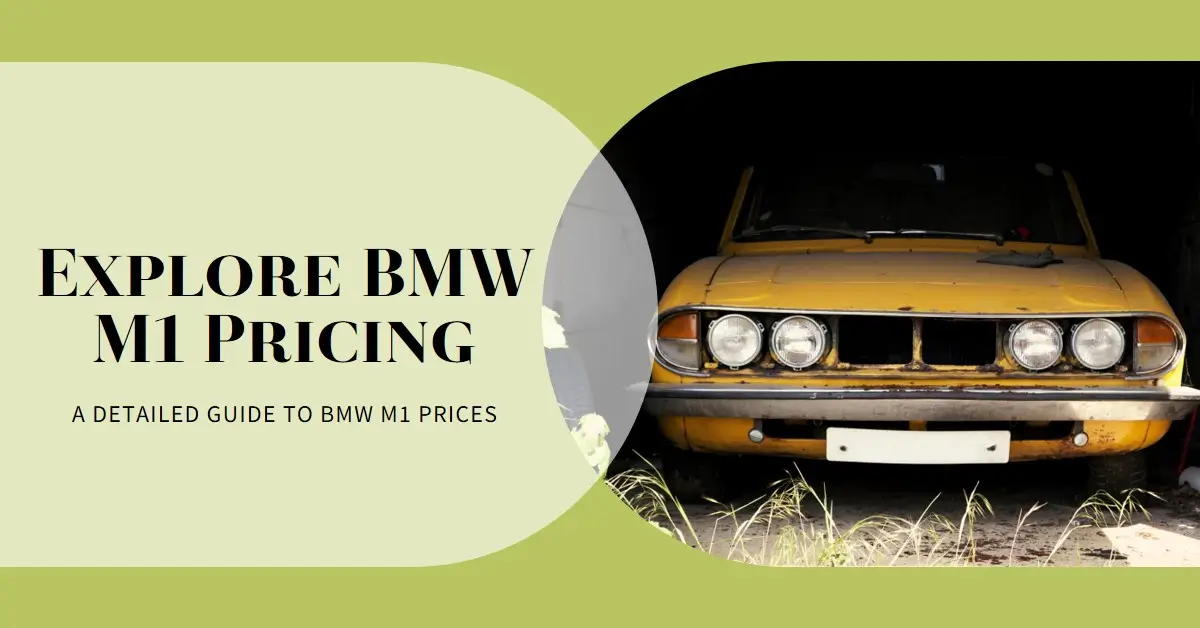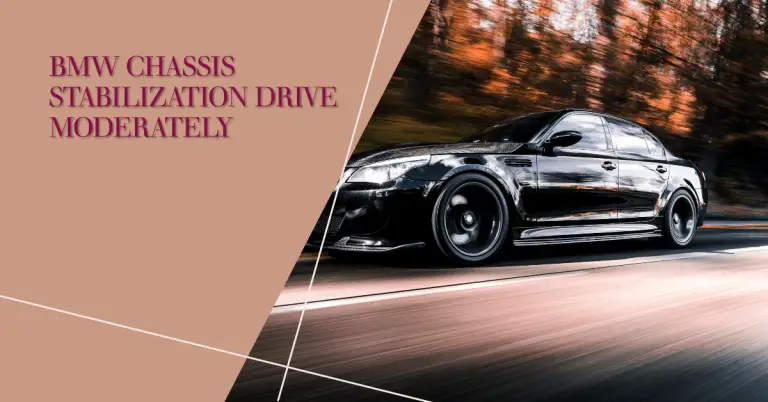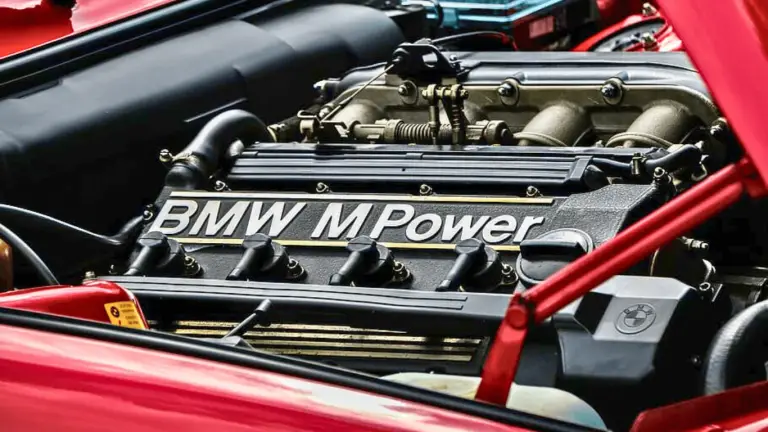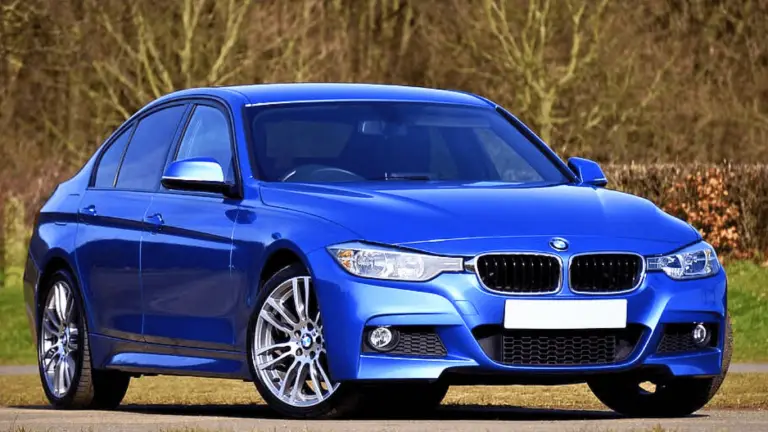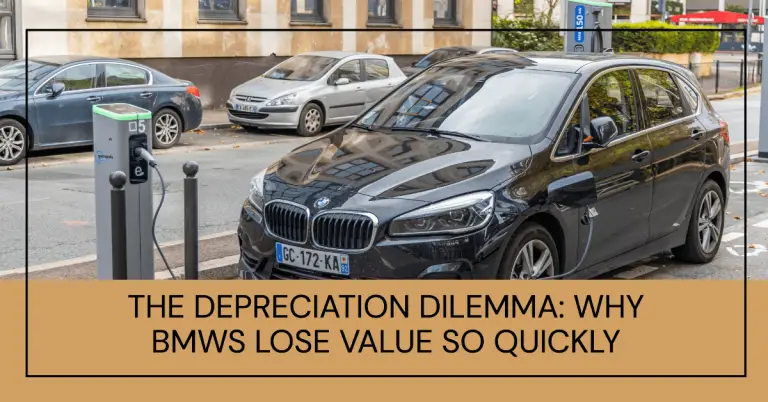Understanding the BMW M1 Price: A Comprehensive Guide
Introduction to the BMW M1
The BMW M1 is more than just a car; it’s a piece of automotive history. Introduced in the late 1970s, the M1 was BMW’s first foray into the world of supercars. Designed to compete with the likes of Porsche and Ferrari, the M1 has since become a legend in its own right. Its striking design, mid-engine layout, and racing pedigree have cemented its place in the hearts of car enthusiasts worldwide.
Factors Influencing the BMW M1 Price
Production Numbers and Rarity
One of the primary factors affecting the BMW M1’s price is its rarity. With only 453 units produced between 1978 and 1981, the M1 is a rare find. This limited production run was due in part to complications during manufacturing and changes in racing regulations, which curtailed the car’s initial purpose as a racing homologation special.
Historical Significance
The BMW M1’s historical significance also plays a crucial role in its valuation. As BMW’s first and only mid-engine sports car, it represents a unique chapter in the company’s history. Its development involved collaborations with Lamborghini and famed designer Giorgetto Giugiaro, adding to its allure and desirability among collectors.
Condition and Mileage
The condition and mileage of a BMW M1 significantly impact its price. Well-preserved, low-mileage examples fetch higher prices, as they are closer to their original state. Cars that have been meticulously maintained or restored to factory specifications also command premium prices.
Provenance and Ownership History
A car’s provenance, or its ownership history, can influence its value. M1s previously owned by notable individuals or those with a documented history of care and maintenance are often more valuable. Detailed service records and original documentation can add to the car’s appeal.
Restoration and Originality
Originality is highly prized in the classic car market. Cars that retain their original parts, paint, and interiors are often more valuable than those that have been extensively modified or restored. However, high-quality restorations that maintain the car’s authenticity can also enhance its value.
Historical Prices of the BMW M1
Price When New
When the BMW M1 was first released, its price was approximately $115,000 in today’s money. At the time, this made it one of the most expensive cars on the market. Adjusting for inflation, this price would be equivalent to around $450,000 today. This steep price was reflective of the car’s advanced engineering, racing pedigree, and exclusivity.
Price in Recent Years
In recent years, the value of the BMW M1 has seen a significant increase. Throughout the 2010s, prices steadily climbed as the car’s rarity and historical significance became more widely recognized. By 2020, well-maintained examples were selling for between $500,000 and $800,000 at auctions, with some exceptional models fetching even higher prices.
Current Market Value of the BMW M1
Typical Price Range as of 2024
As of 2024, the typical price range for a BMW M1 is between $450,000 and $900,000. This range reflects various factors, including the car’s condition, mileage, and provenance. Exceptional examples, such as those with low mileage or significant historical value, can exceed this range.
High-End Prices
At the top end of the market, mint-condition BMW M1s with low mileage can command prices well over $900,000. These cars are often considered investment-grade vehicles and are sought after by collectors looking for the best examples of the model.
Mid-Range Prices
Mid-range BMW M1s, which are in good condition but may have higher mileage or some minor imperfections, typically sell for between $600,000 and $800,000. These cars offer a balance of quality and value, making them attractive to enthusiasts who want to enjoy driving their classic car.
Low-End Prices
At the lower end of the market, BMW M1s that require restoration or have higher mileage can be found for between $450,000 and $600,000. These cars may need significant work to return to their original condition, but they offer a more affordable entry point into M1 ownership.
Investment Potential of the BMW M1
Historical Appreciation Rates
The BMW M1 has demonstrated strong appreciation over the past few decades. Early buyers who held onto their cars have seen significant returns on their investments. The car’s rarity, historical significance, and desirability have all contributed to its increasing value.
Future Market Predictions
Looking ahead, experts predict that the BMW M1 will continue to appreciate in value. As the number of well-preserved examples decreases over time, demand is likely to outstrip supply, driving prices higher. Additionally, the car’s iconic status and continued interest from collectors should ensure its value remains strong.
Expert Opinions
Many automotive experts and collectors view the BMW M1 as a sound investment. Its combination of rarity, performance, and historical significance make it a desirable addition to any collection. While no investment is without risk, the M1’s track record suggests it will remain a valuable asset for years to come.
Notable Sales and Auctions
Significant Auctions and Private Sales
There have been several notable sales of the BMW M1 in recent years. For example, a pristine, low-mileage example sold for $935,000 at a major auction in 2022. This sale highlighted the car’s continued appeal and strong market performance.
Detailed Look at the Most Expensive M1s Sold
Some of the most expensive BMW M1s sold at auction include examples with unique histories or rare features. For instance, a Procar version of the M1, which had a documented racing history, fetched over $1 million. These high-profile sales demonstrate the potential for significant returns on investment for the right car.
Regional Price Differences
Price Variations in Different Markets
The price of a BMW M1 can vary significantly depending on the region. In the United States, for example, prices tend to be higher due to strong demand and a robust collector market. In Europe, prices can be slightly lower, but high-quality examples still command premium prices.
Factors Contributing to Regional Differences
Several factors contribute to regional price differences, including import taxes, availability of cars, and local demand. In some regions, the cost of importing and maintaining a BMW M1 can add to the overall price, while in others, the car’s rarity may drive prices higher.
Cost of Ownership
Maintenance and Restoration Costs
Owning a BMW M1 comes with its own set of costs. Maintenance and restoration can be expensive due to the car’s age and the need for specialized parts and expertise. Regular servicing, replacing worn components, and maintaining the car’s originality are all important considerations for owners.
Insurance Premiums for Classic Cars
Insurance premiums for the BMW M1 can also be high, reflecting the car’s value and rarity. Classic car insurance policies are typically required, and these can be more expensive than standard policies. However, they often offer better coverage for the unique needs of classic car owners.
Storage and Upkeep
Proper storage and upkeep are essential for preserving the value of a BMW M1. This includes storing the car in a climate-controlled environment to prevent rust and deterioration, as well as regular cleaning and maintenance. These costs can add up but are crucial for maintaining the car’s condition.
Tips for Buying a BMW M1
What to Look For in a Used BMW M1
When buying a used BMW M1, there are several key factors to consider. First, check the car’s condition and mileage. Look for signs of wear and tear, as well as any evidence of past accidents or repairs. A thorough inspection by a qualified mechanic is recommended.
Questions to Ask Sellers
Ask sellers about the car’s history, including previous owners, service records, and any modifications. It’s important to verify that the car is as original as possible and that any restoration work has been done to a high standard.
Importance of Documentation and History
Having comprehensive documentation and a clear history can add significant value to a BMW M1. Look for cars with complete service records, original manuals, and any other paperwork that verifies the car’s provenance. This documentation can provide peace of mind and help ensure you’re making a sound investment.
Inspection Tips
When inspecting a BMW M1, pay attention to key areas such as the engine, transmission, suspension, and bodywork. Look for signs of rust, corrosion, or damage. Check the condition of the interior, including the seats, dashboard, and carpets. A detailed inspection can help identify any potential issues before you buy.
Verifying Authenticity
Authenticity is crucial when buying a classic car. Verify the car’s VIN and production numbers to ensure it is a genuine BMW M1. Look for original parts and avoid cars with significant modifications. Working with a trusted expert can help you verify the car’s authenticity and avoid potential pitfalls.
The Bottom Lines
The BMW M1 is a true icon in the automotive world. Its rarity, historical significance, and timeless design make it a highly sought-after collector’s item. Understanding the factors that influence its price, the current market trends, and the costs associated with ownership can help you make an informed decision when buying a BMW M1.
Whether you’re a seasoned collector or a first-time buyer, the M1 represents a unique and valuable addition to any collection. With careful research and consideration, owning a BMW M1 can be a rewarding and enjoyable experience.

